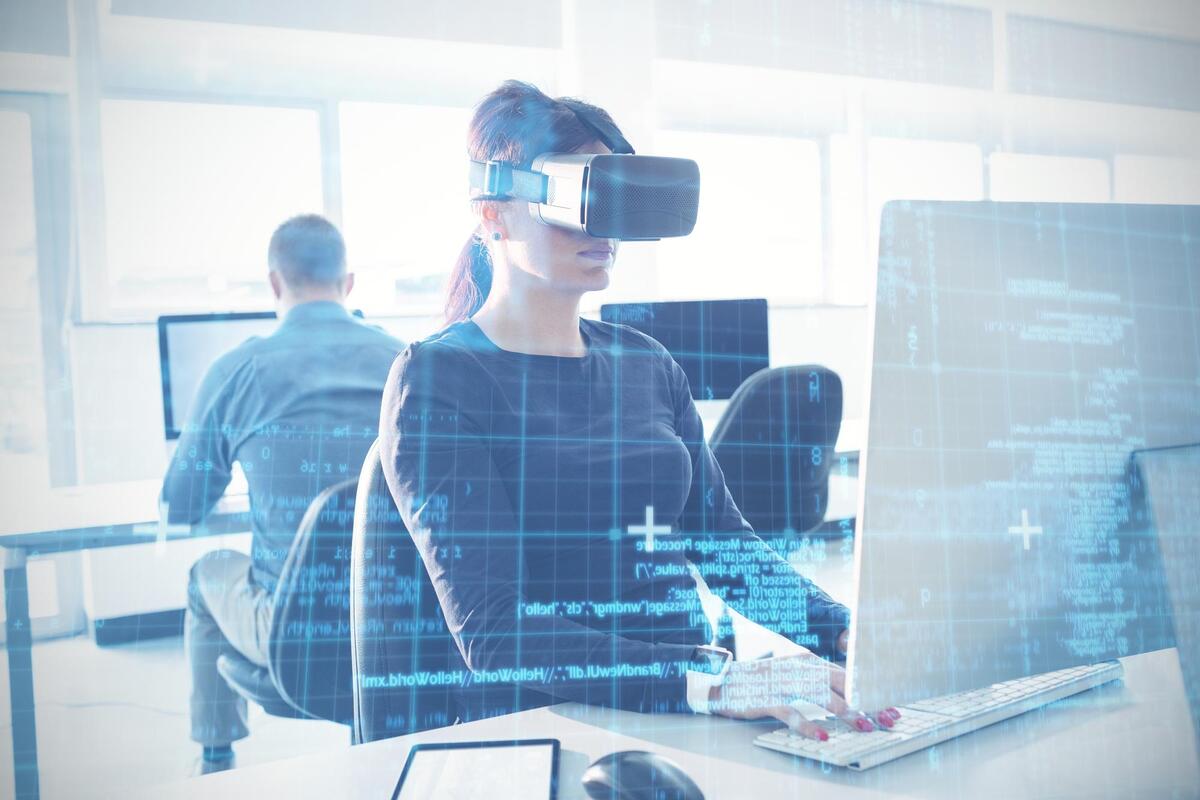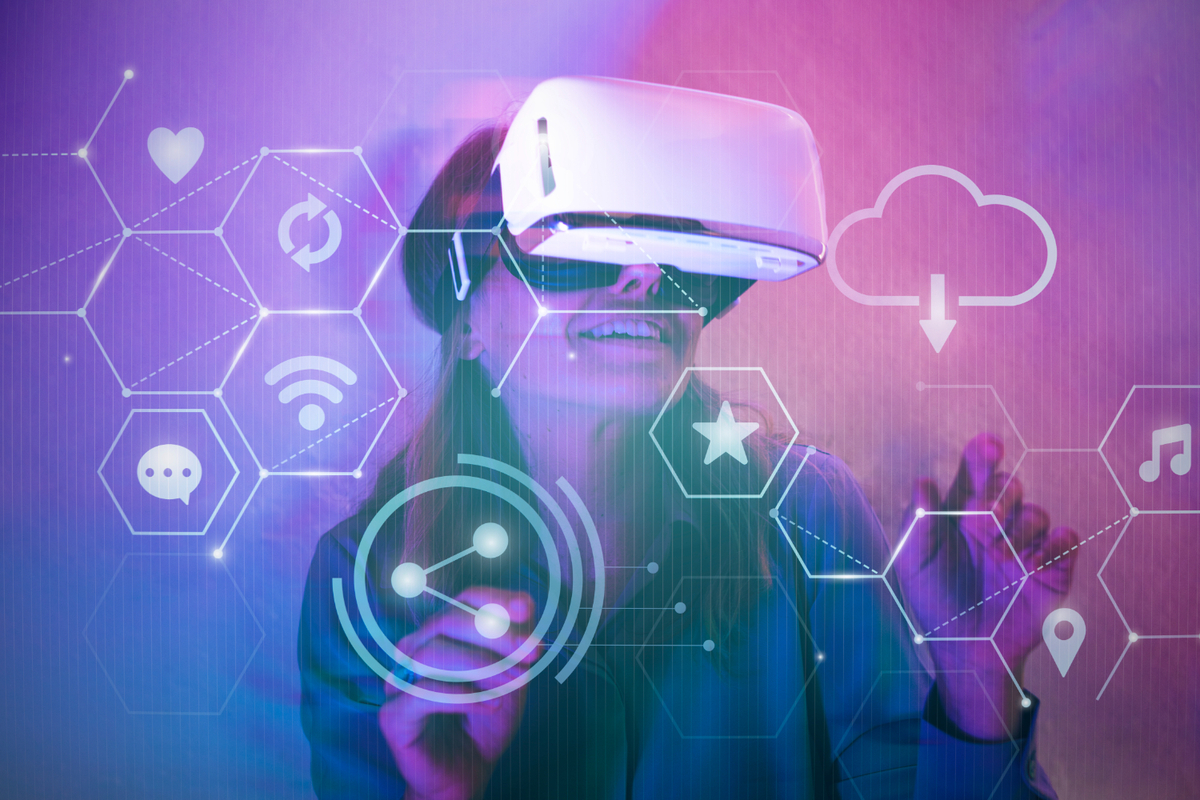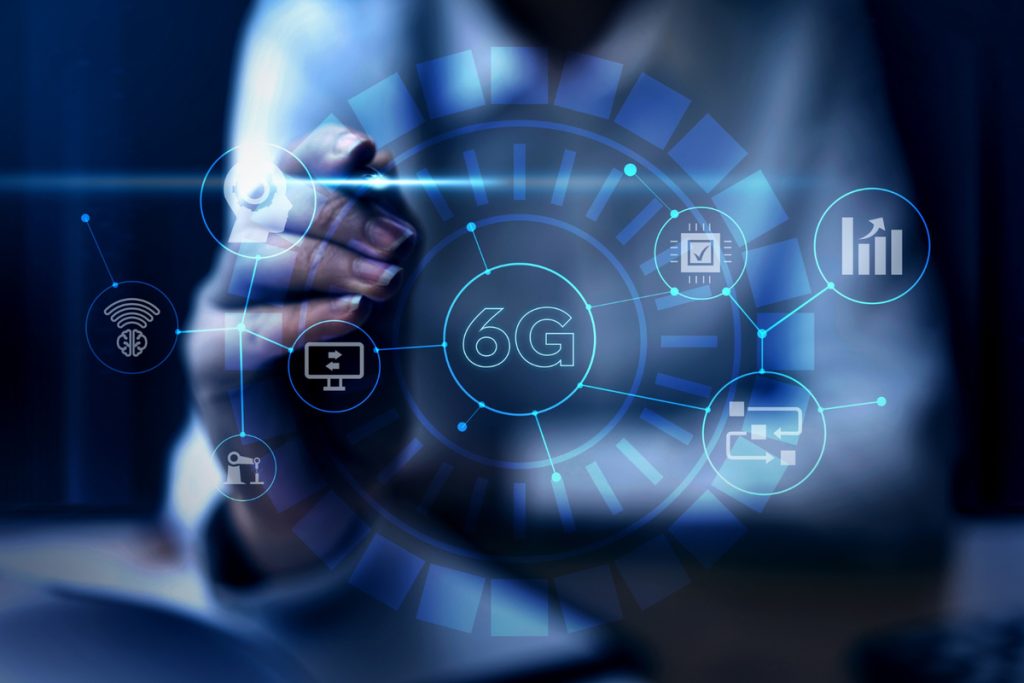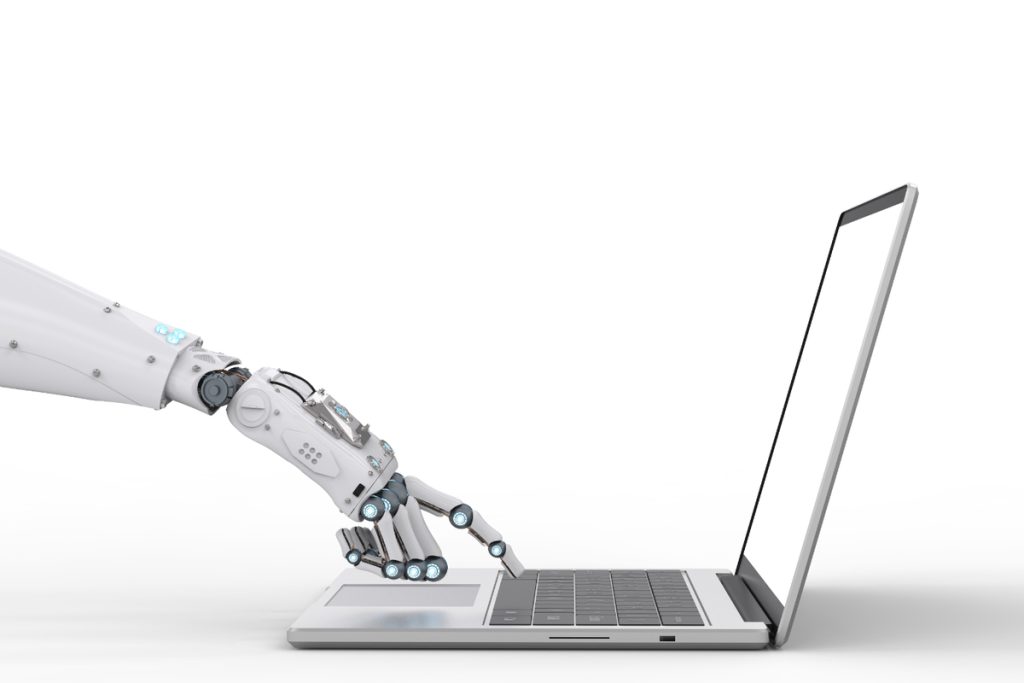Revolutionizing Home Automation with Artificial Intelligence
Artificial intelligence is at the core of the smart home revolution, transforming how households operate. AI-powered systems now enable personalized experiences, adapting to user preferences for lighting, temperature, and even entertainment. Smart assistants like Alexa and Google Assistant learn from daily routines, offering suggestions and automating tasks seamlessly. This integration of AI-driven technology not only enhances convenience but also improves energy efficiency by optimizing resource use. For example, AI can detect when a room is unoccupied and automatically adjust lighting and HVAC systems to save power. As AI continues to evolve, its role in smart homes will become even more intuitive, making everyday life more streamlined and connected.
Enhanced Security Features for Safer Living
One of the most significant advancements in smart home technology is the introduction of enhanced security systems. Smart locks, video doorbells, and AI-driven surveillance cameras provide real-time monitoring and alerts, ensuring a higher level of safety. These systems can distinguish between familiar faces and potential threats, minimizing false alarms. Remote access capabilities allow homeowners to check on their properties from anywhere, offering peace of mind. Additionally, smart home devices can integrate with local emergency services, enabling quicker responses in case of fire or burglary. These innovations demonstrate how technology is reshaping home security, creating a safer living environment for all.

Energy Efficiency and Sustainability in Smart Homes
Smart homes are paving the way for energy-efficient living, utilizing advanced technology to minimize waste and reduce utility costs. Smart thermostats, solar panel systems, and energy monitoring apps enable users to track and control their energy consumption in real-time. Appliances like refrigerators and washing machines are now equipped with AI to operate during off-peak hours, saving both energy and money. Furthermore, smart irrigation systems ensure optimal water usage in gardens, promoting sustainability. By integrating these eco-friendly solutions, smart homes are not only reducing carbon footprints but also empowering homeowners to make environmentally conscious decisions. The fusion of technology and sustainability is setting new standards for modern living.
Seamless Connectivity with the Internet of Things (IoT)
The Internet of Things (IoT) is the backbone of smart home technology, enabling seamless communication between devices. IoT systems connect everything from kitchen appliances to entertainment systems, allowing for centralized control through smartphones or voice commands. This connectivity ensures that all devices work in harmony, enhancing user experience. For instance, a smart speaker can trigger coffee machines or blinds based on preset routines. Moreover, IoT technology is making homes more adaptive, learning user habits to anticipate needs before they arise. This interconnected ecosystem is redefining how we interact with our living spaces, demonstrating the transformative power of IoT in smart home innovations.
Health and Wellness Features in Smart Homes
Smart home technology is increasingly focusing on health and wellness, integrating features that promote better living. Devices like air purifiers, water quality monitors, and sleep trackers ensure a healthier environment for residents. Smart fitness equipment, including interactive treadmills and virtual trainers, bring the gym experience into the home. Additionally, AI-powered medical alerts and wearable devices are helping seniors and individuals with chronic conditions live independently with added safety. By addressing physical and mental well-being, these advancements are making smart homes a hub for healthy living. The incorporation of health-focused technology highlights its potential to enhance the quality of life in innovative ways.
Customization and Personalization in Smart Home Design
Personalization is becoming a hallmark of smart home technology, offering tailored solutions to meet individual needs. From lighting schemes that adjust to mood settings to smart kitchens that suggest recipes based on available ingredients, the possibilities are endless. Voice-activated systems allow users to set unique preferences for every room, creating a truly personalized experience. Moreover, customizable dashboards provide homeowners with a centralized way to monitor and control all smart devices. This level of customization is not only enhancing convenience but also allowing users to create spaces that reflect their lifestyles. The future of smart homes lies in this intersection of innovation and individuality.

Smart Entertainment Systems Redefining Leisure
Entertainment is taking on a new dimension with smart home technology. Voice-activated TVs, immersive sound systems, and streaming services tailored to user preferences are becoming standard features. Smart lighting systems can synchronize with entertainment setups, creating cinematic experiences at home. Additionally, augmented reality (AR) and virtual reality (VR) technologies are bringing interactive gaming and educational experiences to living rooms. By seamlessly integrating entertainment into daily life, smart homes are transforming how families spend their leisure time. This blend of technology and creativity is redefining what it means to unwind and enjoy time at home.
Conclusion
The future of smart homes is defined by innovation, connectivity, and personalization, with new generation technology driving these transformations. From AI-powered automation to energy efficiency and enhanced security, smart homes are revolutionizing modern living. These advancements not only improve convenience and safety but also promote sustainability and well-being. As technology continues to evolve, smart homes will become even more integrated into our lives, setting the stage for a future where living spaces are as intelligent as they are comfortable. The era of smart homes is here, and it promises to make life more efficient, secure, and enjoyable for everyone.



